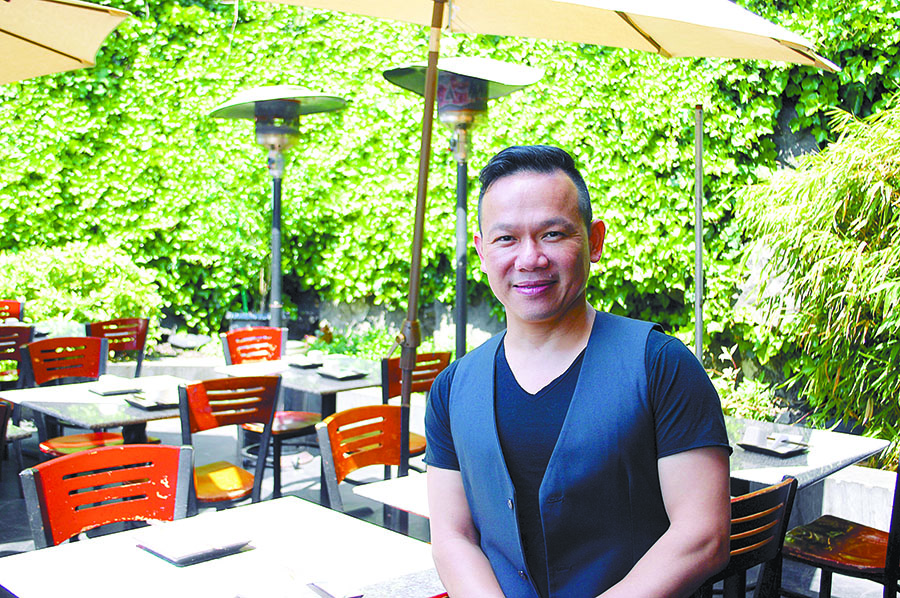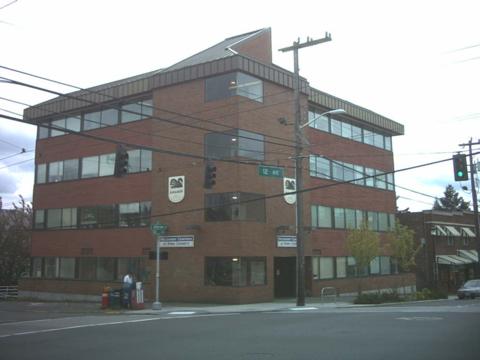“It sure sounds that way,” Seattle Councilmember Nick Licata half-jokingly told Seattle Weekly yesterday.
If the allegations are true, Licata added, SHARE’s co-founder Scott Morrow “has crossed the line” by forcing homeless people who stay in the taxpayer-funded shelters his program operates to participate in political protests and organizational activities orchestrated by Morrow and the Seattle Housing and Resource Effort.
“If you are being required to do political work that you don’t want to do, that crosses the line,” Licata said.
Meanwhile, as word spread yesterday of the dubious tactics allegedly employed by SHARE, Councilmember and mayoral candidate Bruce Harrell yesterday called on the Seattle Human Services Department (HSD) to investigate.
Councilmember Jean Godden agreed. “Yes, it probably is time that we have an investigation. They (HSD) police and let the contracts on those homeless programs, so they should investigate.”
Licata said an audit by HSD would be sufficient, as it would “get us to the same place.”
Seattle police spokesman Sean Whitcomb told the Weekly, “We recently asked the FBI to look into the accusations.” Whitcomb declined to elaborate further, other than to say the request was made well before The Times story appeared and that Seattle PD is also participating in the probe.
At issue is an explosive story that appeared in The Seattle Times on Monday. Written by Emily Heffter, the lengthy piece, relying on accounts from a few of the homeless residents who reside in SHARE’s programs, offered up a series of anecdotes which suggested that Morrow was running the place like a general – and that the homeless were his foot soldiers.
Some of the allegations raised:
— At an packed April meeting of the King County Committee to End Homelessness at City Hall, Morrow told his homeless congregants to sign up to speak or risk being kicked out of their encampment for a week.
— The people whom SHARE serves say they are under constant threat of losing shelter or transportation.
— “In the fall of 2012, SHARE said it needed more bus tickets to get through the winter, but the city and county refused. So SHARE closed down its shelters and set up a camp at the King County Administration Building. Residents said in letters to City Council members that they were told they would be denied shelter after the camp-out if they didn’t participate.”
— One homeless resident, Mike Messer, wrote that Morrow “blackmailed us into doing his forced advocacy by threatening us with loss of bus tickets if we didn’t ‘volunteer’ to sleep at the courthouse.”About two weeks later, SHARE got the bus tickets and reopened its shelters.
— “Camp residents also say they risk losing shelter if they don’t come up with gift cards or other donated items for the organization’s annual fund-raising auction. “
— Earlier this year, Councilmember Richard Conlin learned by e-mail that Morrow had removed portable toilets from the Nickelsville encampment to punish campers. Conlin replied “This is very disturbing.” (Conlin declined to comment to Seattle Weekly.)
HSD’s deputy director Catherine Lester had this to say in a statement sent to the Weekly:
“We will be working closely with law enforcement – Seattle Police Department and the FBI – on their investigations into these allegations. We’re going to coordinate with law enforcement on the results of those investigations and determine what the next steps will be. We will take appropriate steps as necessary. We take very seriously our responsibility to monitor and account for how public money is spent – related to SHARE and all of the agencies that we contract with.”
SHARE, which describes itself as a self-help group, and not a social-service organization, charges the city $5.60 per bed, per night, to keep its shelters running, or about half what the next-cheapest city-funded shelter costs. Currently, the city pays the organization $403,000 to provide up to 300 beds a night.
SHARE runs two encampments, in Kirkland and Shoreline, and indoor shelters.
The Times story is not the first to suggest that SHARE has a times colored outside the lines – perhaps the result of a unique management style. Shelters are run by residents and a small group of staffers who live in SHARE housing earn $15,000 a year. KING 5 News offered a similar take last November.
And, more than a dozen years ago, Seattle Weekly’s Nina Shapiro wrote about city balking to give SHARE an additional $55,000 in funds, largely in part because of its concern that the organization was spending too much money on political activities.
Morrow, 55, could not be reached for comment. An extremely secretive individual, the Everett native and homeless advocate his entire life rarely speaks, said Licata, adding that he can’t ever recall Morrow addressing the council himself. His business card says he is a SHARE consultant. Three times a week the man who helped create the non-profit organization in 1990, passes out coffee in the early-morning hours at Victor Steinbrueck Park.
“I’ve hear a lot of ugly rumors through the years, but this a guy who is utterly committed,” said Tim Harris, executive director of Real Change. “This [SHARE] is based on an empowerment model – that you are part of a community and that you gotta give something back. It’s not as simple as it seems.”
The empowerment models requires shelter recipients to earn community credits in order to remain under SHARE’s care, which can entail security, janitorial duties or helping in fund-raising activities. Being required to participate in various lobbying is “more complicated,” Harris added.
As The Times reported, “SHARE’s shelters are “democratic,” which means a simple majority is all it takes to put any resident back on the street. Staying at a shelter means adhering to a 50-page book of procedures and obeying rules set by the governing body at each camp and shelter. Without many options, the people staying at the shelters usually do what they’re told.
Bill Hopson, director of DESC (one the city’s major shelter providers), said he’s known Morrow since the late 1980s. “I think he is one of the most selfless people I’ve ever known. He is no power monger,” Hopson said yesterday. “This whole thing about requiring political activism as a condition to stay in the shelter is alien to everything I know about Scott.”
Still, as Licata put it, “The whole thing makes me uncomfortable.”








